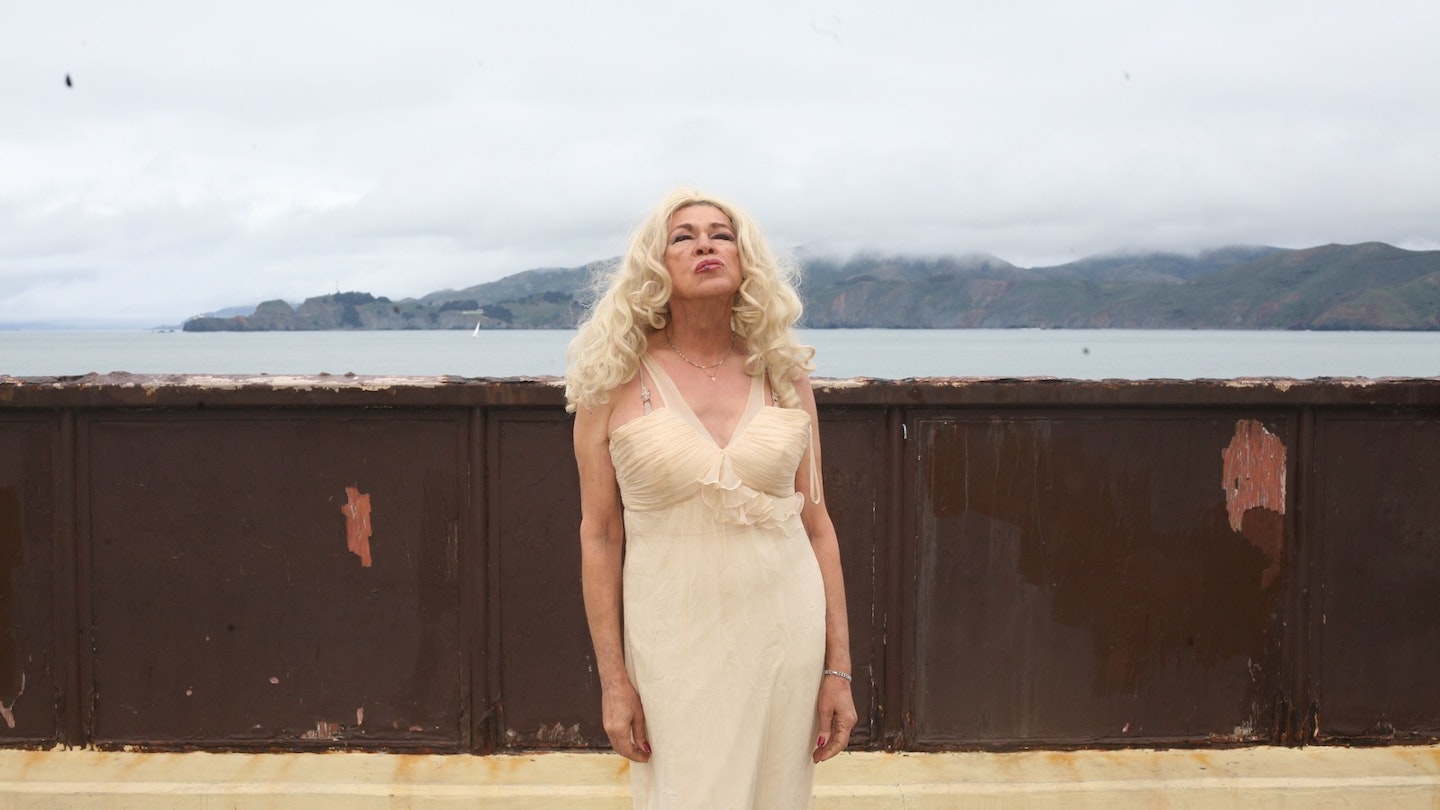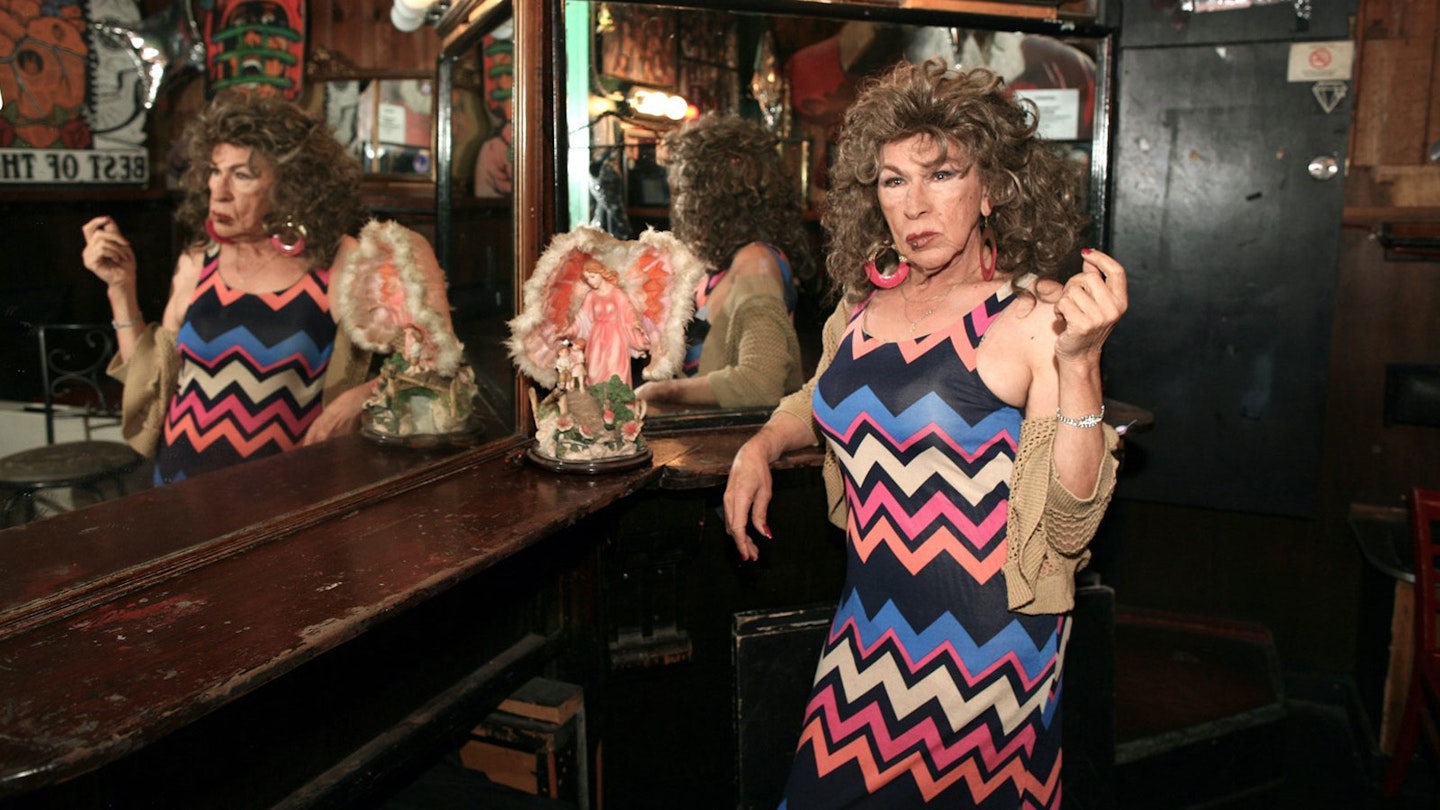The Stonewall riots of 1969 in New York City are well known as a historical moment when the lives of queer people in America shifted. But three years earlier another landmark event took place, this time at Compton’s Cafeteria in the Tenderloin district of San Francisco, when a transgender woman resisted arrest by a police officer and inspired a new form of trans activism in the city. Donna Personna remembers it well — she knew the woman involved and was invited by an independent theatre director in the city to turn the riot into a piece of immersive theatre.

When we meet Donna in Jay Bedwani’s tender documentary, she is in her seventies and living comfortably in her female identity. She hadn’t always been able to do so and didn’t wear a dress for the first time until she was 59. Reflecting on her childhood in San Jose, where her family and minister father were central to a Baptist community, she knew that as a queer person she “had the power to destroy their lives”. This concern for her family led to a life of repression for fear of revealing her authentic self.
In Bedwani’s profile, Donna’s hidden identity is celebrated — she loves performing in bars, lip-syncing to K. Michelle’s ‘If It Ain’t Love’ and dancing in sequinned gowns. She lives alone, but she has a community now, interacting with other trans people in the bars and during rehearsals for the play she writes about the Compton’s Cafeteria riot. The self-confidence the experience and her friends give her encourages Donna to reach out to her estranged family, leading to a moving sequence in which she reunites with her sister, Gloria. Donna knows that not everyone will be as accepting, but her optimism about trans people today is deeply inspiring.
